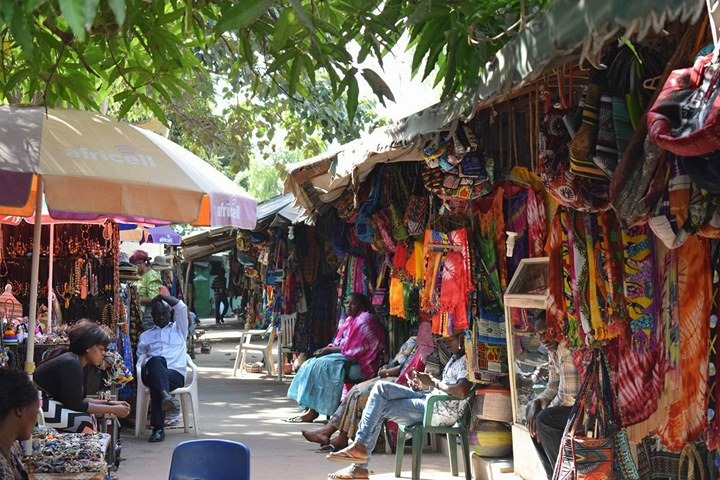By: Isatou Sarr
During the 23rd Annual General Meeting of the Governors of the ECOWAS Bank for Investment and Development (EBID), Dr. George Nana Agyekum Donkor, President of EBID, announced that the Government of The Gambia has secured a public sector loan agreement amounting to USD 10 million.
The announcement was made on Monday, 14th April 2025, at the Conference Centre OIC.
The funding will support the National Food Security Processing and Marketing Corporation (NFSPMC) in implementing the second-generation National Agricultural Investment Plan focused on Food and Nutrition Security (GNAIP II-FNS).
Dr. Donkor emphasized that the objective of the initiative is to strengthen food security and boost agricultural productivity. It seeks to ensure the availability of affordable essential food items and improve nutritional options for vulnerable populations through targeted investments in technology, infrastructure, and capacity development.
“The EBID is dedicated to promoting socio-economic development within the ECOWAS sub-region by supporting key projects in critical sectors such as infrastructure, agriculture, health, transportation, technology, water and sanitation, and education,” he stated.
He added that this initiative aligns with the Bank’s priority areas and contributes to the achievement of the United Nations Sustainable Development Goals, particularly Goal 2, which aims to end hunger and ensure food security.
“Despite the difficult global economic conditions, The Gambia has made commendable progress in GDP growth, recovering from a low of 0.6% in 2020 to 5.3% in 2021, with projections showing sustained growth above 5% in 2025 and 2026,” he noted.
Dr. Donkor also reported that inflation had declined to 14.4% in 2024, with further reductions expected to 9.8% in 2025 and 6.6% in 2026.
He reaffirmed the ECOWAS Bank for Investment and Development’s commitment to supporting the national development plans of all ECOWAS member states, with the ultimate goal of improving livelihoods, creating employment, and strengthening regional value chains.





